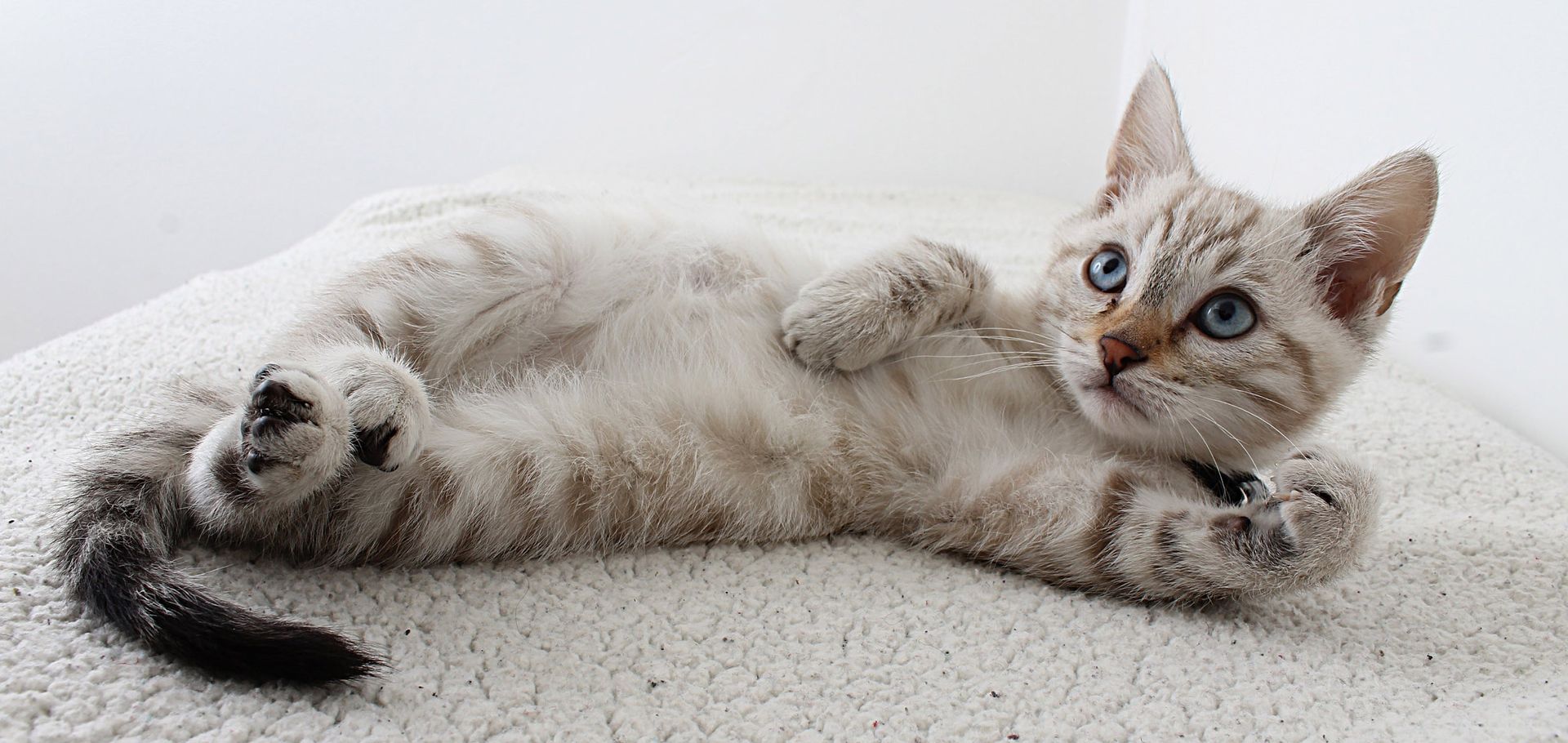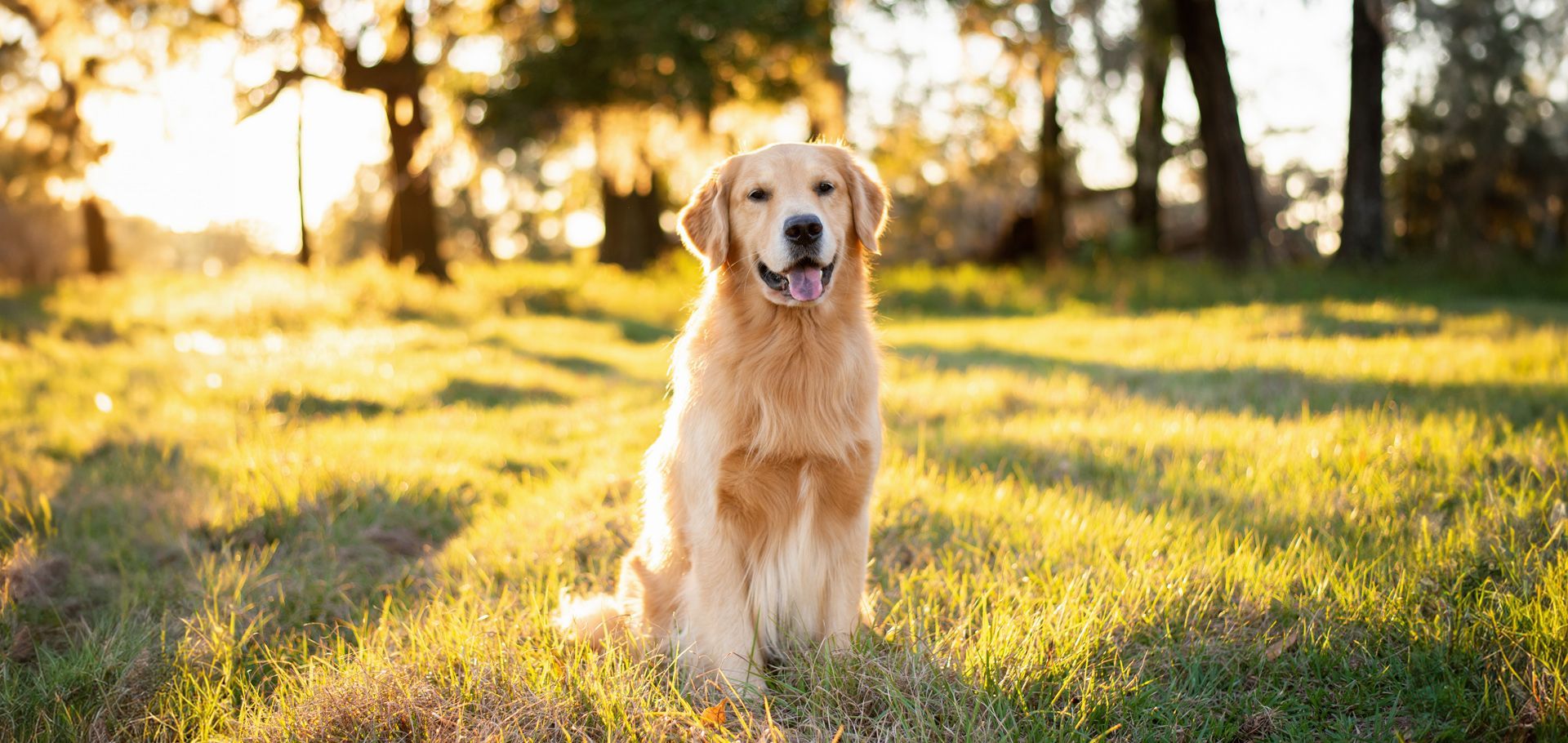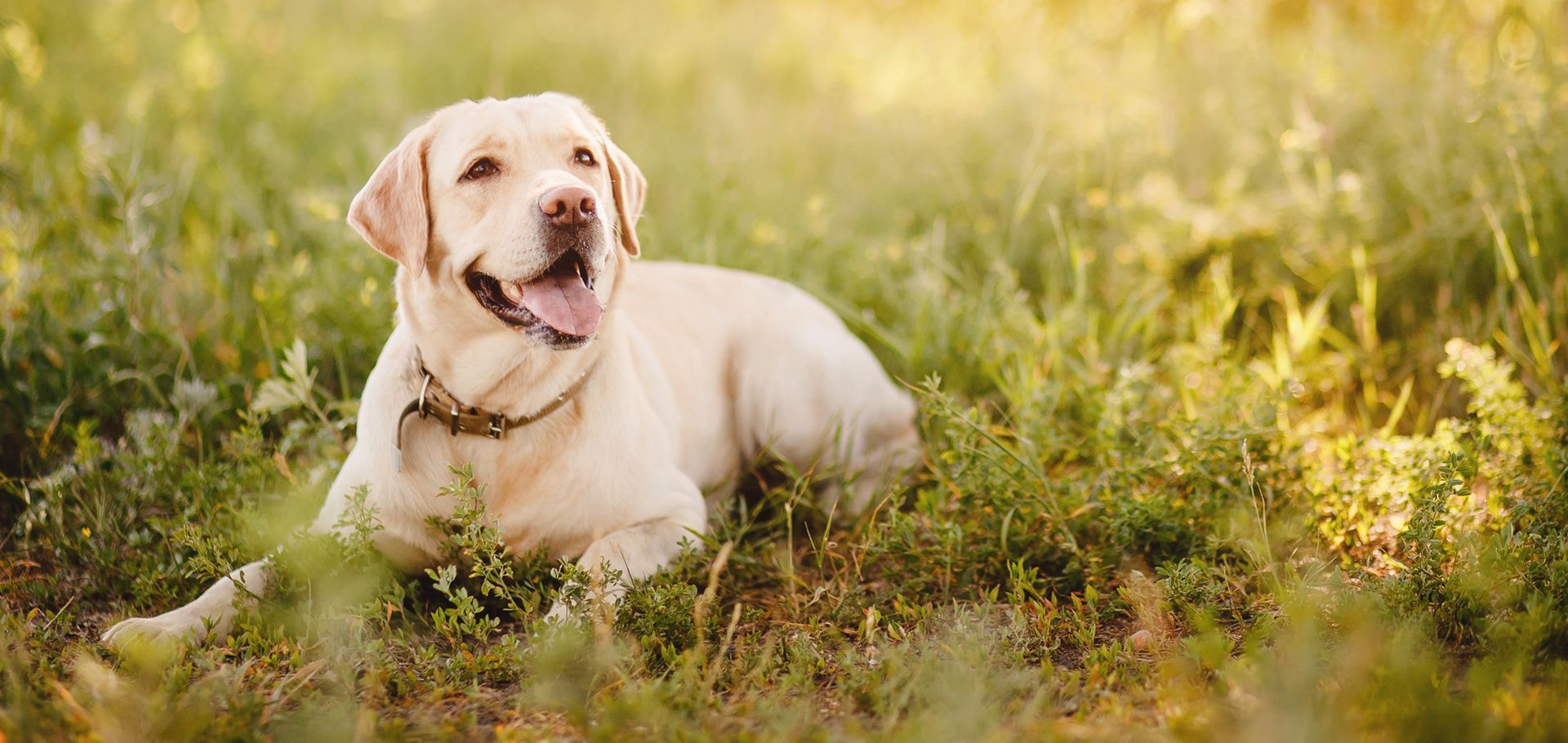
Cats are known for their graceful and composed demeanor, so seeing your feline friend panting like a dog can be a cause for concern. Panting in cats is not as common as it is in dogs, and when it does occur, it often indicates an underlying issue. In this article, we will explore the reasons why your cat might be panting, whether it's normal, and when it's essential to seek veterinary attention.
Is it Normal for Cats to Pant?
Cats panting is generally not considered normal behavior. Unlike dogs, who use panting as a cooling mechanism, cats primarily rely on sweating through their paw pads for thermoregulation.
However, there are some exceptions to this rule. If your cat has been running around a lot or is in a hot place, they might pant briefly to cool down. Pay attention to what your cat's been doing. If they're panting and showing other unusual signs, it's crucial to contact the vet right away because this could indicate an underlying health issue.
Why do Cats Pant?
Just like dogs, cats pant for various reasons. Some of them are less concerning than others, which is why finding out the root cause of their pants is important. Here are the most common causes as to why your cat has been panting a lot.
Heat
One common reason for panting in cats is heat. Cats are sensitive to high temperatures, so when they feel hot, they will pant to try to cool down. As a responsible cat owner, you must ensure that your cat can access shade and fresh water in warm weather. And never leave them in a hot car. If your cat is panting due to heat, immediately move them to an environment with a much cooler temperature.
Pain, Stress, or Trauma
Cats can also pant if they’re feeling any sort of pain, stress, or trauma. In fact, panting because of pain is a common response in animals. The pain they’re feeling can be due to injuries, dental problems, or other medical conditions. If your cat is under stress and trauma, it can also trigger them to pant excessively in response to anxiety.
As humans, when we’re in pain, our heart rate increases, and we tend to be sweaty–cats have the same reaction, but since they cannot sweat, they pant instead. Look and assess your cat’s behavior and body language for any signs that they are experiencing pain.
Asthma
Asthma is a frequent respiratory problem in cats and can lead to panting and wheezing. Cats with asthma may also exhibit other symptoms like coughing, and sometimes, they cough so intensely that they pant to catch their breath in between coughs. If your cat experiences an asthma attack or if you suspect they might have asthma, it's advisable to take them to the vet for a thorough examination to ensure they receive the right diagnosis and appropriate care.
Heartworm
Heartworm disease is a severe parasitic infection that can affect cats. These parasites, known as heartworms, reside in your cat's lungs and heart, resulting in breathing difficulties and panting. Cats with heartworm disease typically become lethargic and lose their appetite. If you observe these symptoms in your cat, it's vital to monitor their behavior closely and promptly take them to the vet for testing if you suspect heartworm disease.
Respiratory Infection
Respiratory infections, such as upper respiratory infections (URIs) or pneumonia, can cause cat panting. These infections often have other symptoms like sneezing, nasal discharge, and coughing. Cats with compromised immune systems, like kittens or senior cats, are more susceptible to URIs. If you notice any of these symptoms, take your cat to the vet for an immediate checkup.
When to Take Your Cat to the Vet
While occasional and mild panting in cats may not be an immediate cause for concern, persistent or severe panting should prompt a visit to the veterinarian. It's crucial to observe your cat's overall behavior and look for additional signs of distress or illness.
If your cat shows any of the following symptoms along with panting, seek veterinary care immediately:
Rapid or Labored Breathing
If your cat struggles to breathe or breathing faster than usual, it's a sign of respiratory distress.
Blue or Pale Gums
If you notice your cat panting excessively, check out the inside of their mouth. If they have blue or pale gums, it can indicate a lack of oxygen and is a severe symptom.
Weakness or Collapse
If your cat is panting, suddenly collapses, or appears weak, it's an emergency.
Coughing or Wheezing
These symptoms can indicate a respiratory issue that requires attention.
Lethargy and Loss of Appetite
If your cat is panting, not eating, or is lethargic, it may signal a significant health problem.
Remember that cats are masters at hiding signs of illness, so any deviation from their normal behavior should be taken seriously. Detecting the signs early and getting treatment for underlying health issues are important for your cat’s well-being.
Conclusion
Now that you're aware that cat panting can be a cause for concern, it's essential to identify and understand potential reasons why they do it. This way, you can assess whether your cat's panting indicates a significant health problem.
Always put your cat's well-being first and consult your veterinarian if you worry about their breathing. Seeking timely veterinary care can significantly impact diagnosing and treating underlying conditions. We understand that you want to ensure your feline companion enjoys a healthy and comfortable life.
Schedule a Check-Up For Your Cat at Brewerton Hospital for Animals!
Schedule an appointment with us and get the best urgent pet care when you notice your cat panting more than usual. Detecting the signs early and getting treatment for it is so much better than waiting at the very last minute when there are many more risks involved. Here at Brewerton Hospital for Animals, we value your cat’s health as much as you do.
Don’t have an existing record with us?
We accept new patients as well!
MORE FROM THE BREWHA BLOG




